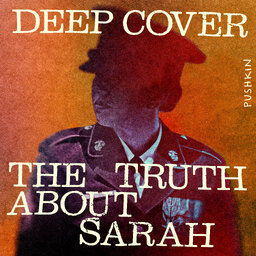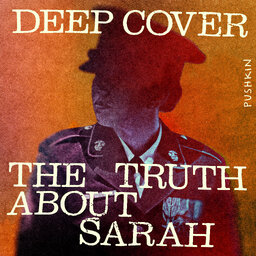May 1977. After a witness decides to speak out, a hitman named Harry Aleman stands trial for the murder of William Logan. Bob Cooley is asked to “handle it.” The case is make-or-break for Cooley’s career, and possibly his life.
This episode comes out for free on January 31st and is available now for Pushkin+ subscribers.
Learn more about your ad-choices at https://www.iheartpodcastnetwork.com
In 1 playlist(s)
Deep Cover
Deep Cover is a show about people who lead double lives. Pulitzer Prize-winning journalist Jake Halp…Social links
Follow podcast
Recent clips

The Truth About Sarah Revisited (LIVE at WBUR)
52:33

Shame, Scams, and The Stories We Tell Ourselves (with Ollie Wards)
44:28

Snowball - Episode 7: The Morning After
23:36
 Deep Cover
Deep Cover